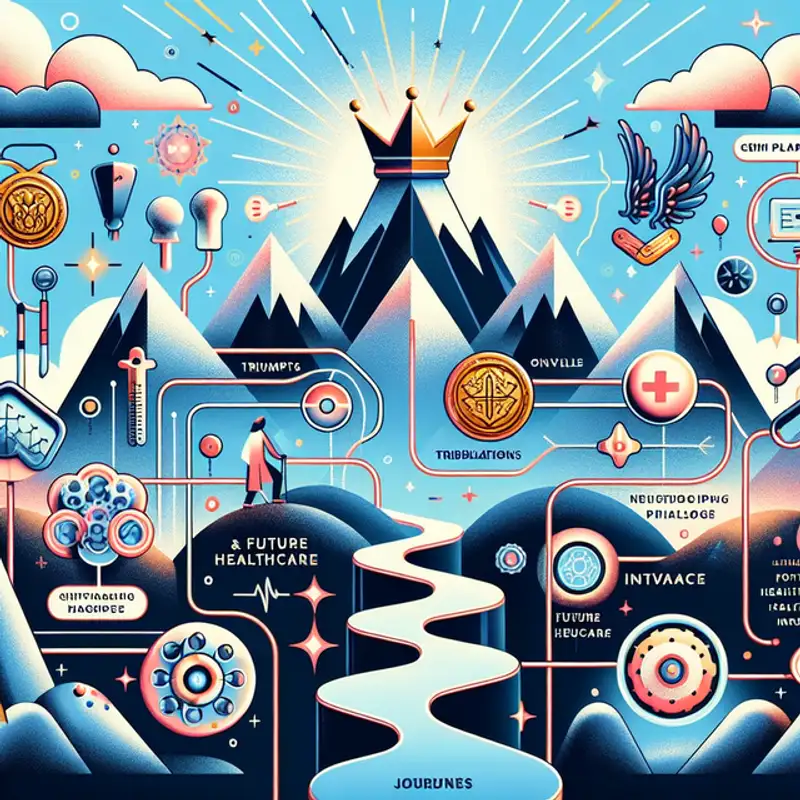In today's episode, we dive into an in-depth analysis from Vox about the revolutionary yet now embattled success of mRNA technology in healthcare. The article recounts how Moderna and Pfizer/BioNTech developed Covid-19 vaccines at record speed—reducing hospitalizations and saving millions of lives—while also paving the way for future breakthroughs in areas like cancer treatment and universal flu vaccines. Yet, despite the scientific achievements, public and political skepticism has surged. Critics like Robert F. Kennedy Jr. and several Republican policymakers have labeled these vaccines in harsh terms, with Kennedy once declaring them “the deadliest vaccine ever made.” As debates rise over a $600 million contract with Moderna for next-generation flu vaccines and legislative challenges emerge in states like Idaho, Iowa, and Montana, experts warn that this growing distrust could stifle vital medical innovations.
Key Points:
- Rapid Development of mRNA Vaccines: Moderna and Pfizer/BioNTech utilized groundbreaking mRNA technology to develop vaccines in months—a historic leap from the previous four-year record.
- Public Health Impact: Early Covid vaccines reportedly prevented more than 3 million deaths in the U.S. and 18 million hospitalizations worldwide, reinvigorating hope during the pandemic.
- Waning Vaccine Confidence: Despite high initial uptake, public trust has eroded due to side effects, breakthrough infections, and misinformation, leading to plummeting booster shot rates.
- Political and Ideological Pushback: Influential figures like Robert F. Kennedy Jr. and some Republican politicians have actively fueled skepticism, with Kennedy famously calling the shots “the deadliest vaccine ever made.”
- Contract Reevaluation and Legislative Threats: The U.S. Health and Human Services is reconsidering a $600 million Moderna contract for advanced flu vaccines, while state lawmakers in Idaho, Iowa, and Montana introduce measures that may restrict mRNA vaccine use.
- Future Medical Promise at Risk: Experts warn that hampering mRNA research could delay critical advancements in treating cancer, rare genetic disorders, and emerging pandemic threats.
- Balanced Views from Influencers: Even Elon Musk has voiced caution, noting his own adverse vaccine experience yet emphasizing that “synthetic mRNA has a lot of potential to cure cancer and other diseases”—underscoring the complexity of the debate.
Stay tuned as we unravel this intricate narrative of triumph, controversy, and the uncertain future of a technology once hailed as a medical miracle.
Link to Article
 Episode
Episode